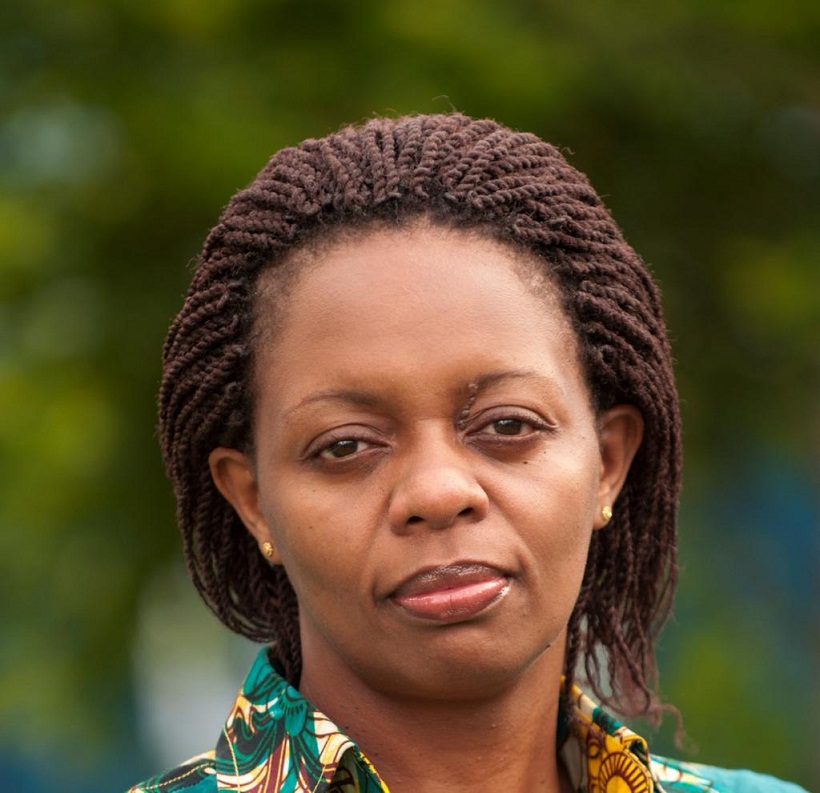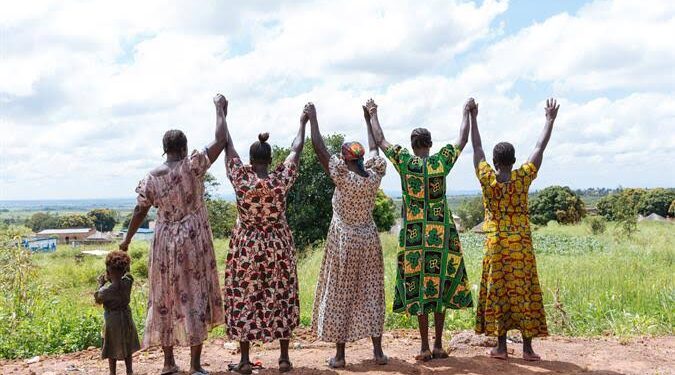By Patricia Munabi Babiiha
As we mark 59 years of Uganda’s independence today, it is an opportune time for us to, as a country, take stock, look ourselves in the mirror and ask the tough questions on what our motherland Uganda has done for its women in the last 59 years.
This year’s celebrations will be held under the theme: “Celebrating our 59th Independence Day as we secure our future through national mind-set change.” Indeed, as a country, we need a mind-set change if we are to enjoy inclusive, sustainable development.
This year’s independence offers an opportunity to put the government to task over what has been done towards the betterment of the lives of our women and girls. This is important because the 1995 Constitution of Uganda and a wide range of international human rights statutes to which we are party, make it a duty of the state and society in general to correct mistakes from the past that disadvantaged women and other vulnerable groups. Clearly, over the past 59 years, our women and girls have been served a raw deal by their motherland as the different statistical evidence on gender inequality across the private and public sectors demonstrates. That is not to acknowledge the remarkable progress we have made as a country and the human race in this regard. We have, for instance, achieved significant mileage with the affirmative action policy and legislation. The point is however, that like Oliver Twist in Charles Dickens novel, ‘Oliver Twist,’ we want more.
I will use education and health as yardsticks to illustrate my point.Just as we are making baby steps out of the throes of the COVID-19 pandemic, the government shocked us by announcing that the health sector budget in the 2021/22 Financial Year would reduce by 9.3%. We all know that women have unique health requirements that will be negatively affected by cuts in the health budget.
The reduction of funding to the health sector flies in the face of the Abuja Declaration where African governments, including Uganda, committed to allocating 15% of their budgets to the health sector.
The COVID-19 pandemic has exacerbated the health pressures on women and girls with cases of teenage pregnancies soaring to worrying levels like 296,314 girls aged between 10 and 19 years reporting for their first antenatal care clinic visits between March and December 2020. If we cannot invest in the health systems, then its clearly a raw deal for our mothers and sisters. The COVID-19 pandemic has triggered more cases of Gender-Based Violence, which require robust health systems.
Just this week, a report by the Ministry of Gender, Labour and Social Development indicated that gender-based violence (GBV) cases increased from 2,386 in 2019 to 8,203 in 2020. Uganda’s women cannot be happily independent when they are still victims of the life-threatening effects of GBV.
We cannot celebrate independence in full throttle when health care providers still spend about Shs18.3b annually to deal with the effects of GBV, while the police spends Shs19.5b and local councils spend Shs12.7b.
On education, we have still not fared better, with low girl enrolment in schools, low uptake of science subjects by girls and low completion rates for girls. As we celebrate 59 years of independence, we must ask ourselves what we need to do to improve the quality of education for the girl child because education goes to the root of human capital development.
If we are to use the last UACE results as a measure, it is sad to note that there were 56,440 male and 40,782 female candidates meaning that there were 15,658 more male than female candidates who sat the exams.
The performance of girls in Science, Technology, Engineering and Mathematics (STEM) was particularly worrying because only 26.7 per cent females sat for Mathematics, 6.9 per cent for Physics, 13.2 per cent for Chemistry and 12.3 per cent for Biology.
At the Forum for Women in Democracy (FOWODE), we pay keen attention to gender equality. It is our considered view that equality and inclusive development cannot be achieved if there is no meaningful and consistent investment in women’s access to quality healthcare and education.
The low investment in quality healthcare and education for women has a ripple effect as it leads to political systems that are as male dominated as the one in Uganda where men are at the helm of all the three arms of government and the public service structures.
Therefore, as we celebrate 59 years of independence, we must make efforts to invest in bettering the lives of our women and girls not out of courtesy but as a sine qua non for inclusive development of mother Uganda. Happy 59th!

Patricia Munabi Babiiha is the Executive Director of the Forum for Women in Democracy (FOWODE)










Sincerely,there is still gender inequality. The struggle continues